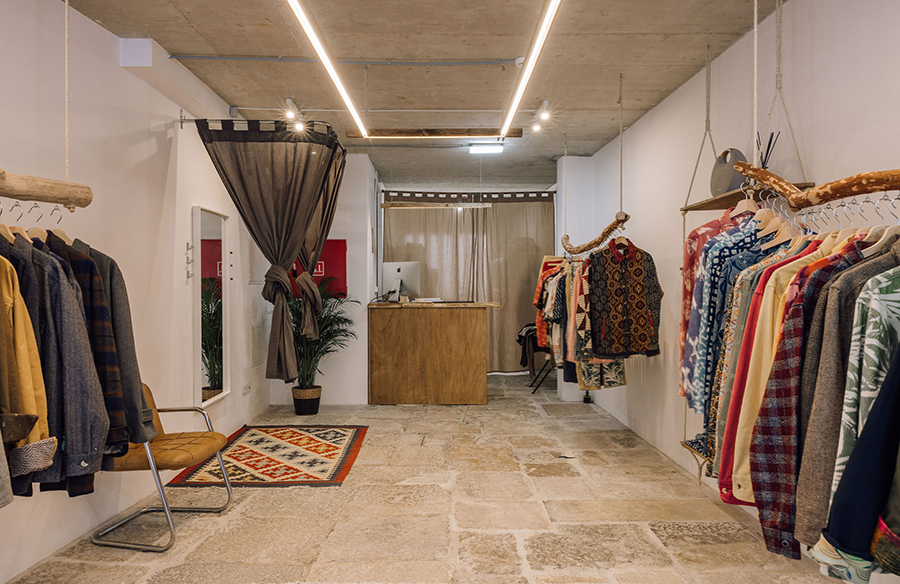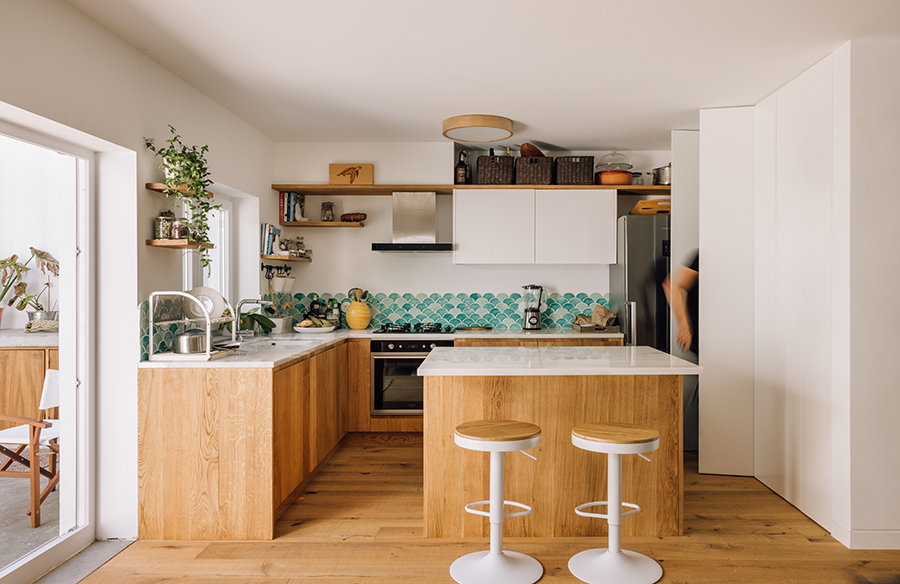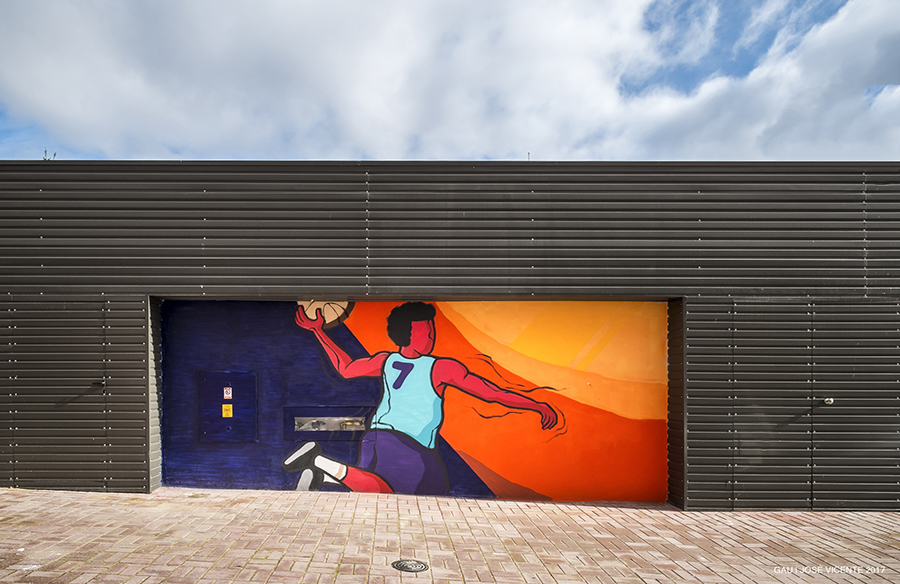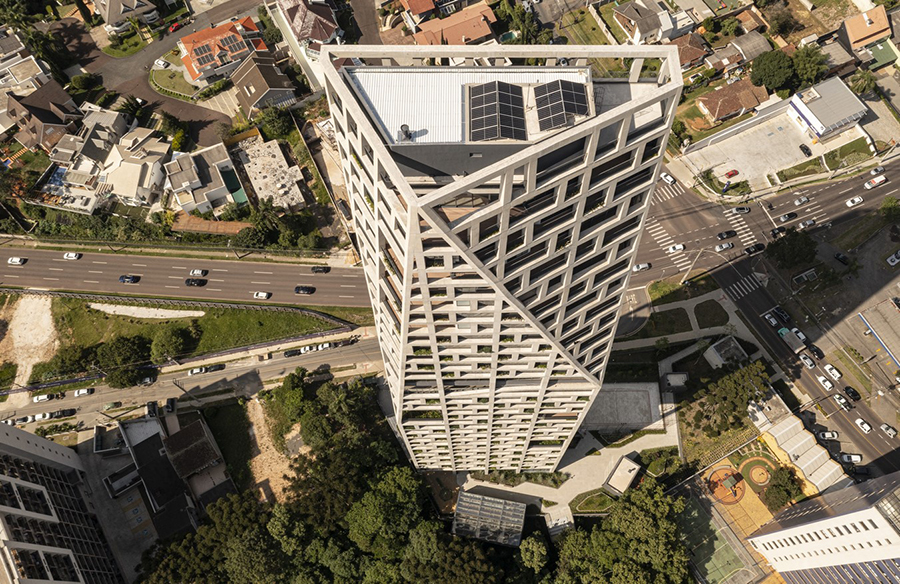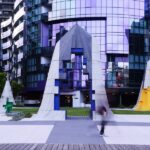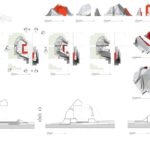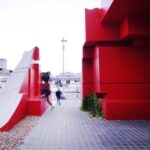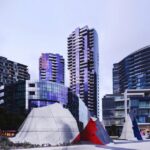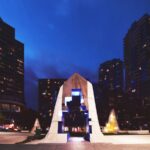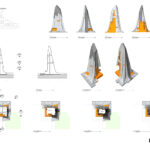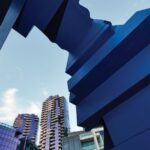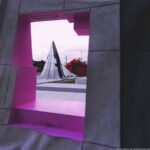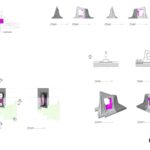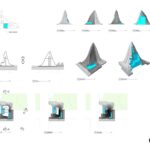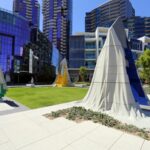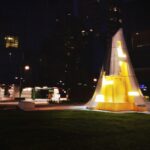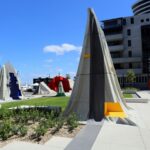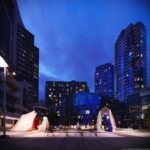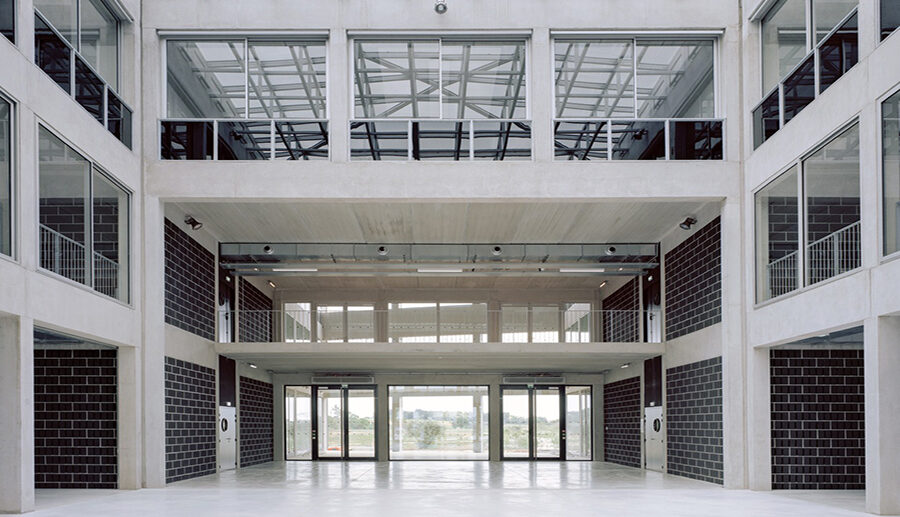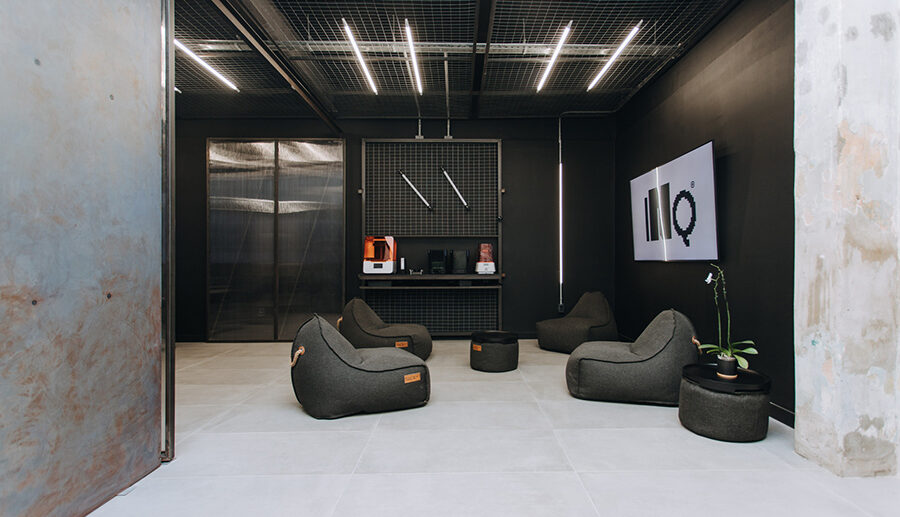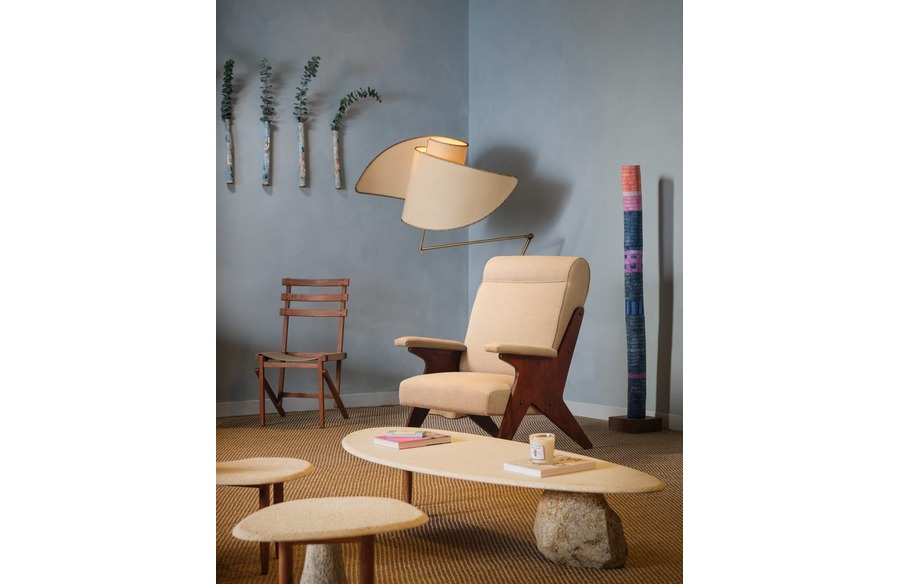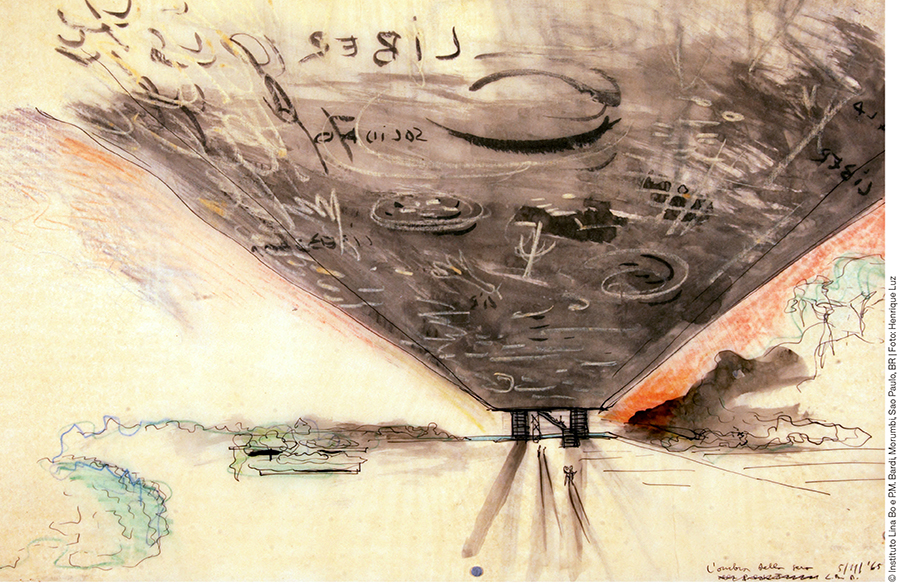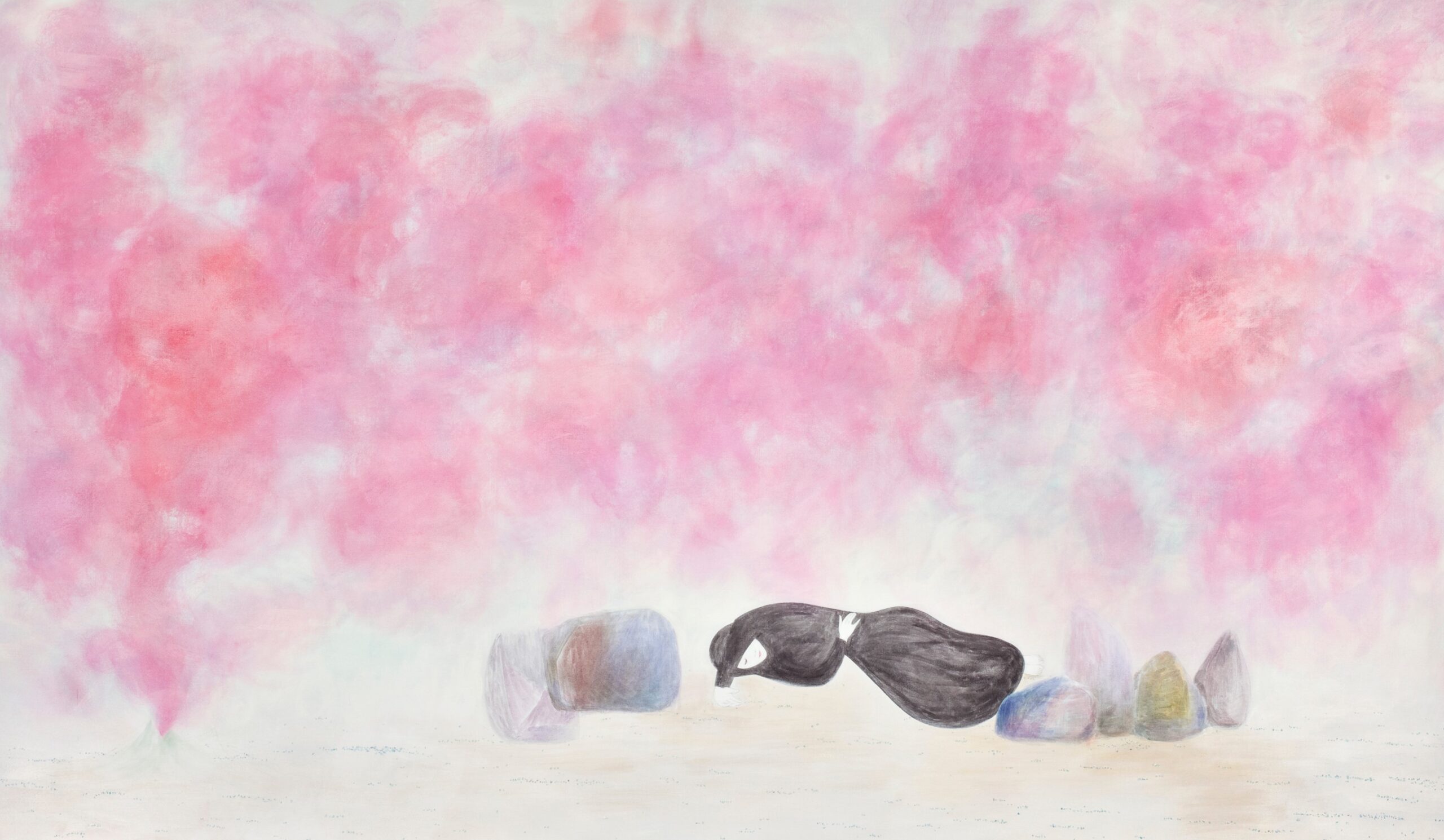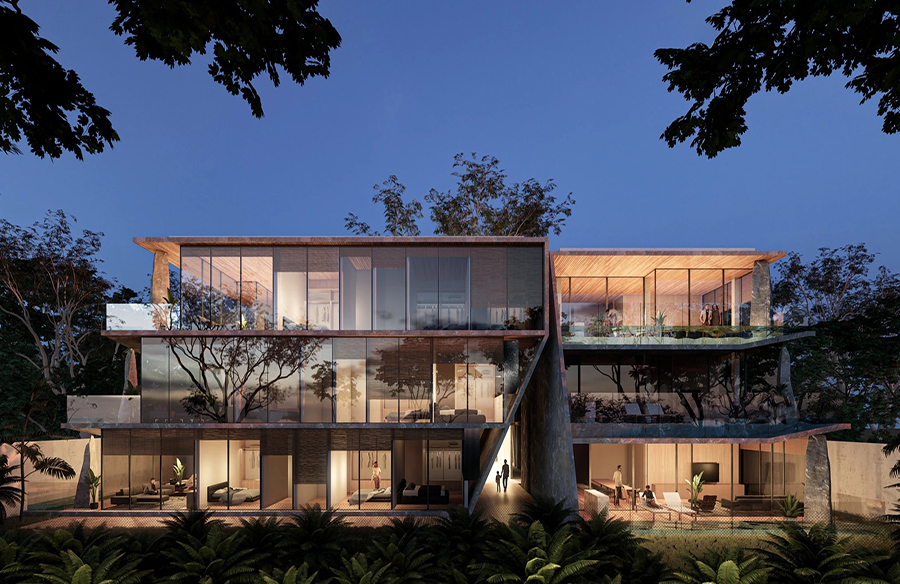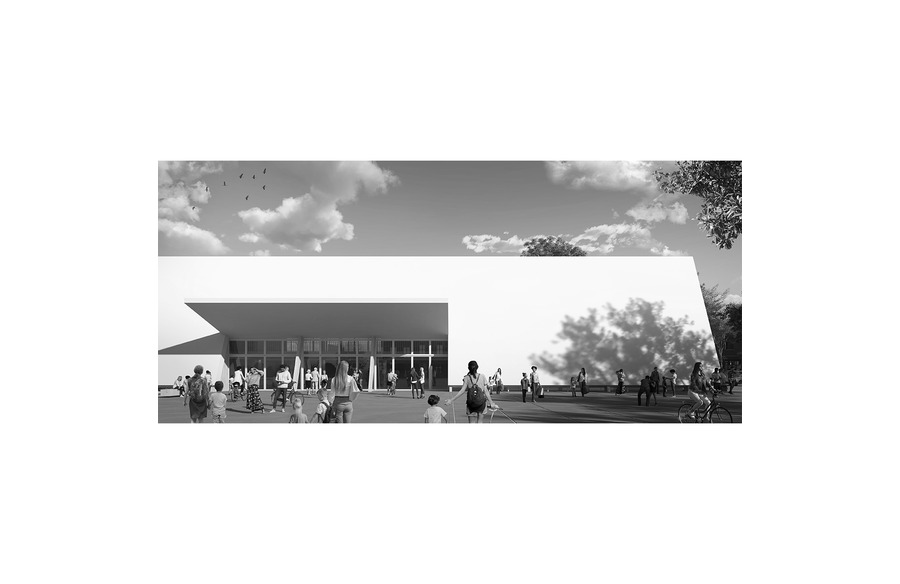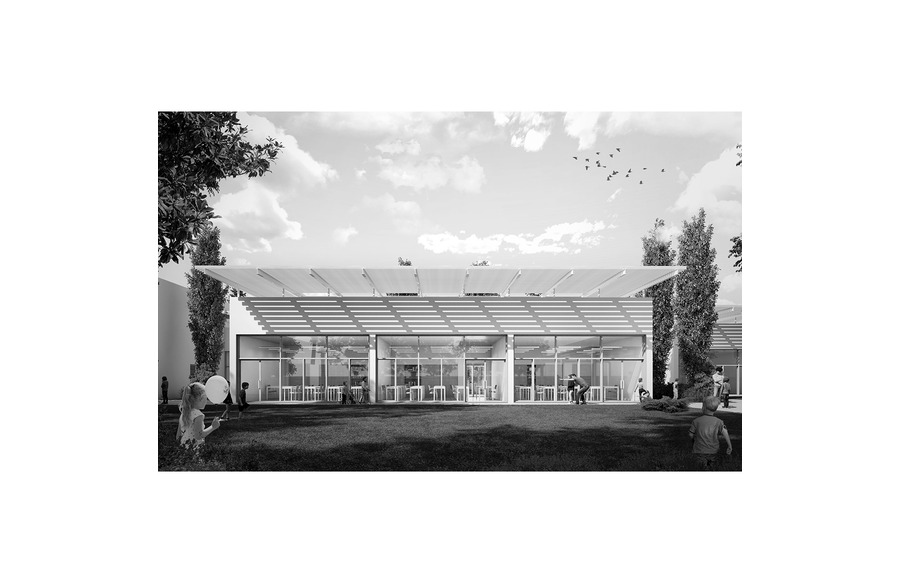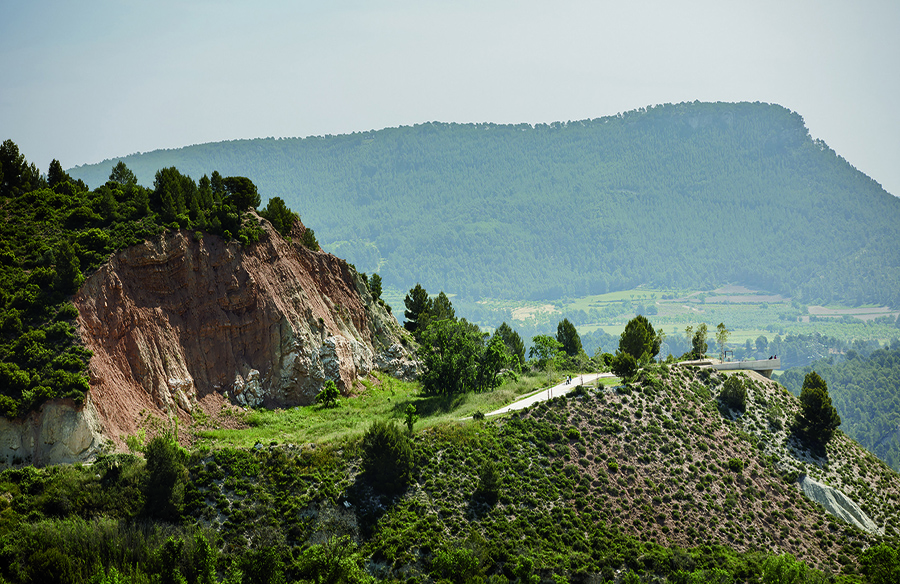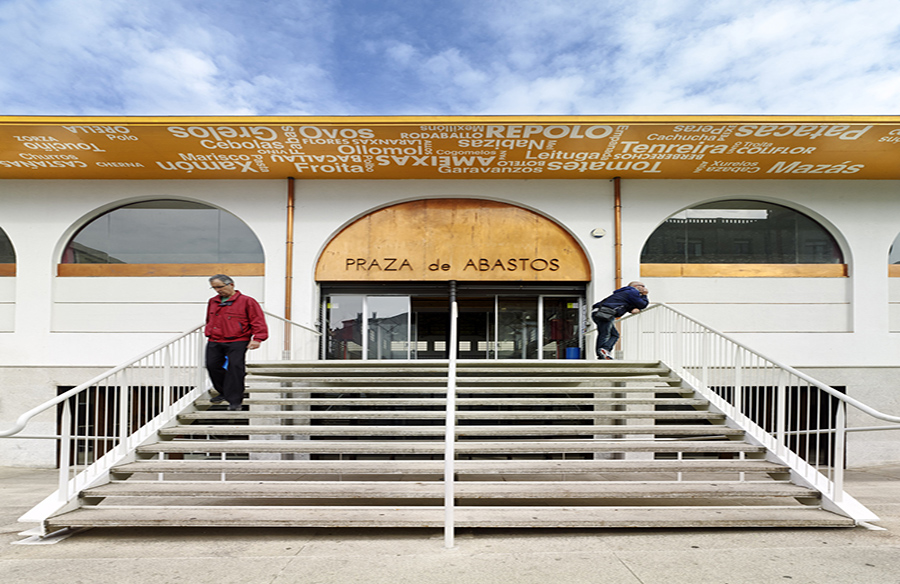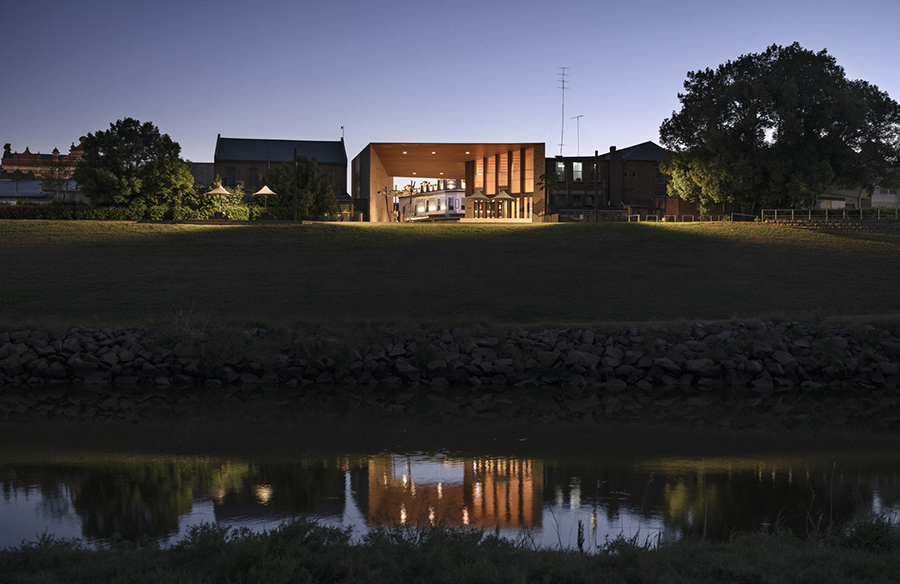Revitalizing Docklands: Monument Park by McBride Charles Ryan
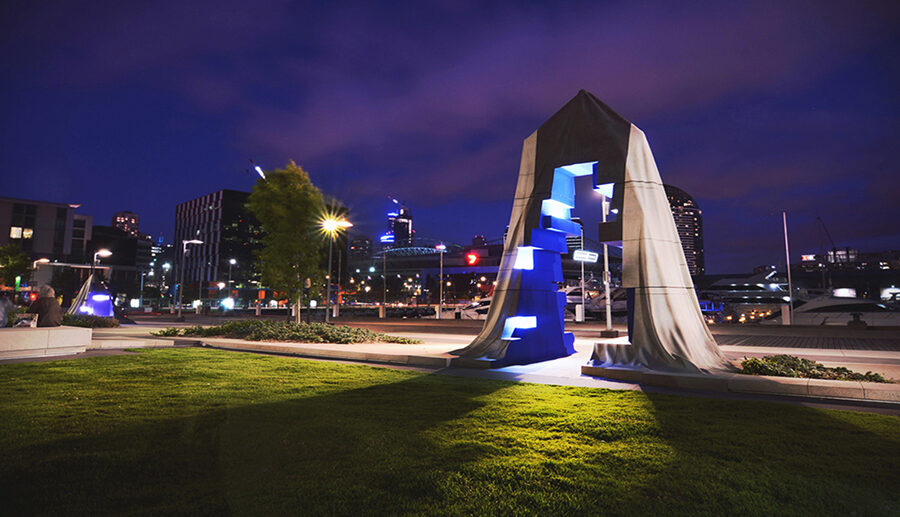
In mid-2012, McBride Charles Ryan (MCR) and MAB embarked on a collaborative project known as “Monument Park” aimed at transforming the space between New Quay Promenade and “The Quays” apartments in Docklands. The goal was to challenge the negative perceptions surrounding the area by reimagining retail spaces, providing shelter, and creating an engaging environment for people of all ages. Renowned artist Callum Morton’s vision was selected for the project, further enriched by the landscape architecture expertise of Occulus.
A Unique Concept
Morton’s vision for Monument Park transcended traditional notions of public parks and sculptures. Instead, he conceived it as a singular work of art—a dynamic space that serves as a public park, garden, and gathering place. The design features forms rising from the ground, with plants emerging through a unified plane laid across the entire site. This ground plane, according to Morton, is the true subject and unifying element of the park.
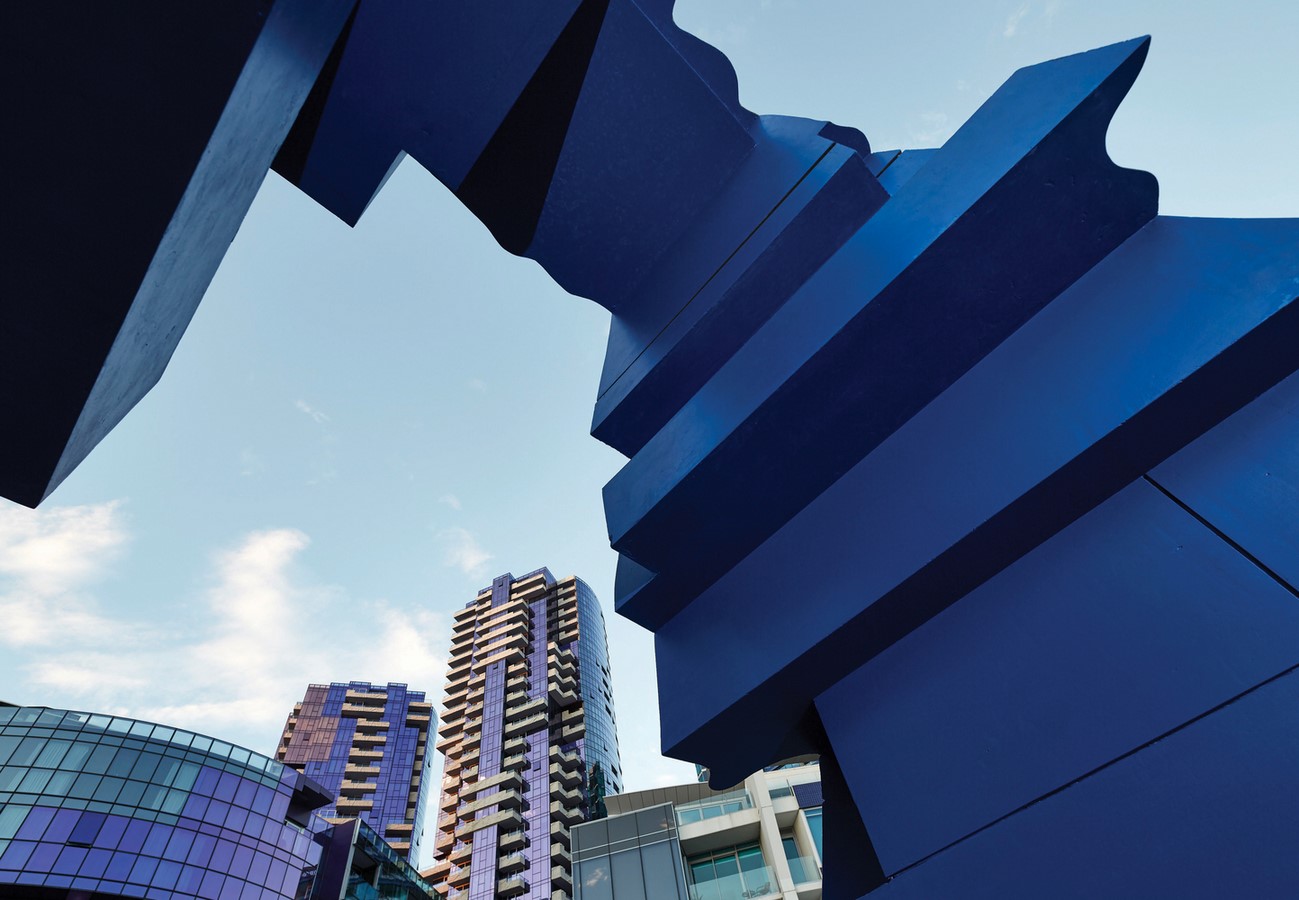
Innovative Topography
From the outset, the project aimed to create an artificial topography that undulated across the site, offering new perspectives and experiences. Drawing inspiration from Melbourne’s iconic grid layout, MCR and Occulus incorporated elements of the original Hoddle Grid into the park’s design. Dubbed the “concrete rug,” this terrain pattern served as the foundation for Monument Park.
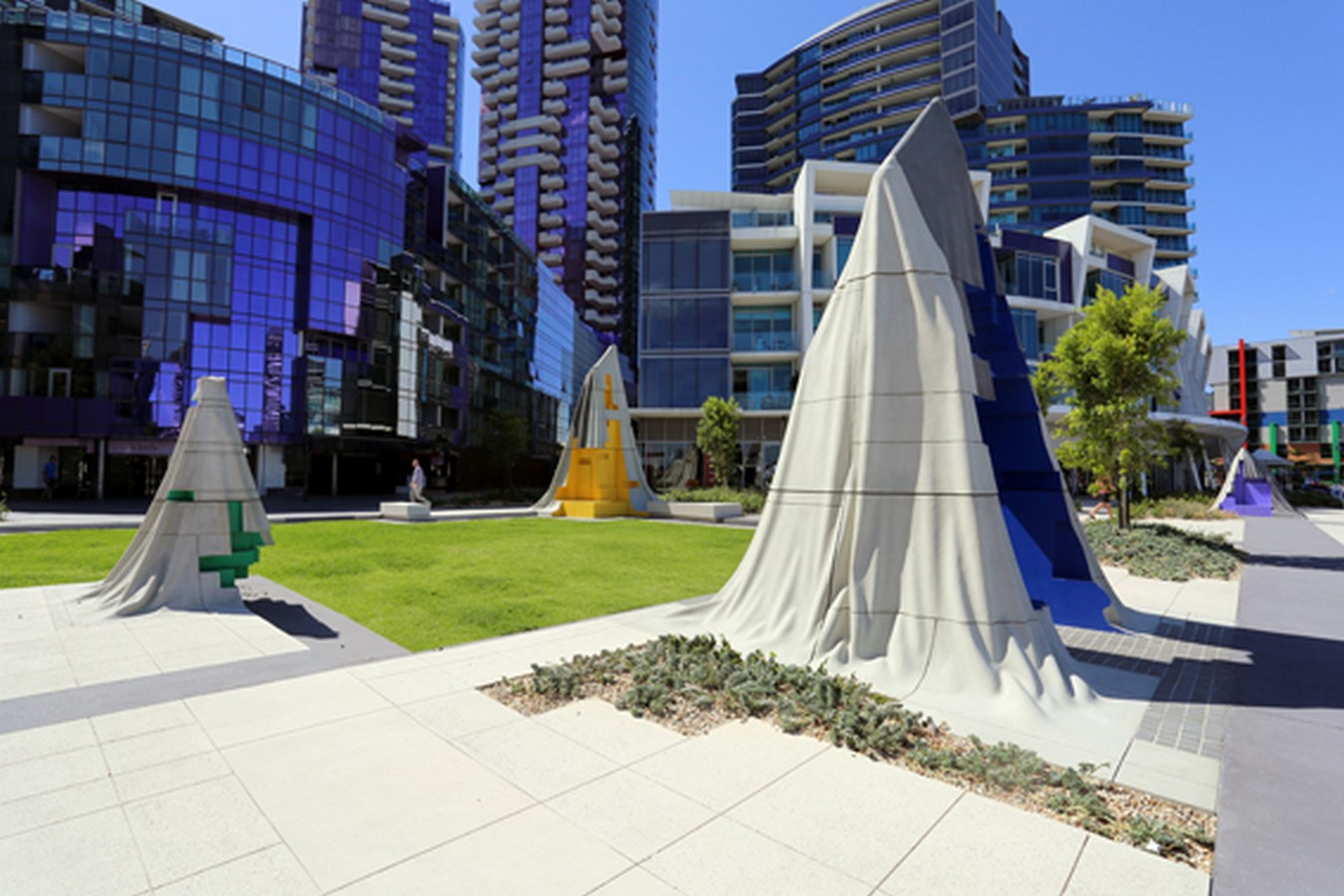
Hidden Forms and Sculptures
As part of the design process, the team explored public sculptures throughout Melbourne, integrating some of these monuments as hidden forms beneath the concrete rug. Using advanced scanning technology, the sculptures were digitally recreated and strategically placed beneath the surface. Openings in the rug allowed these forms to emerge, creating a layered and visually intriguing landscape.
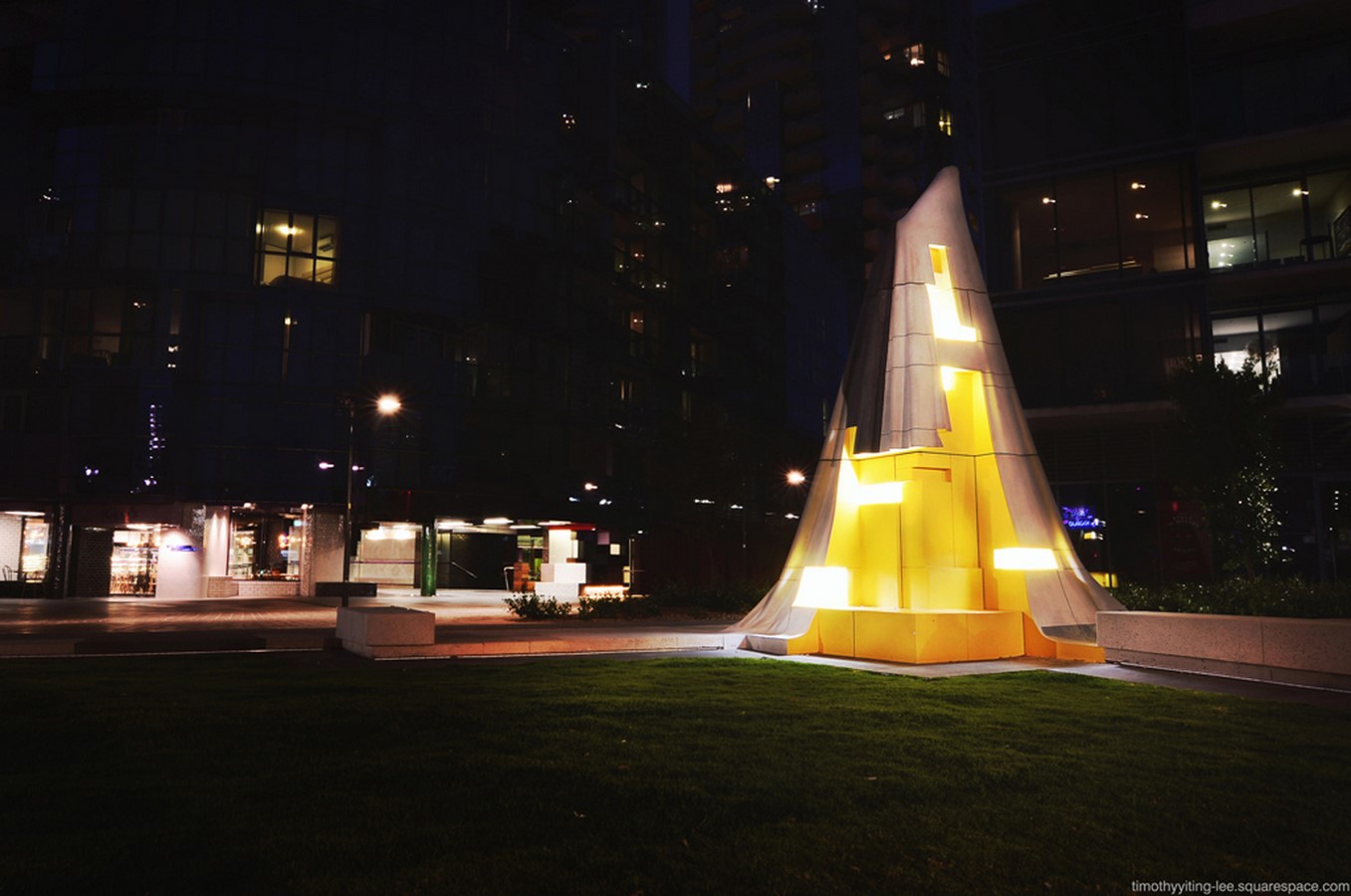
Cultural Significance
Monument Park pays homage to notable figures and symbols from Australian history, including Burke and Wills, Matthew Flinders, and Captain Cook. These iconic figures, along with abstract sculptures, are depicted as if rising from beneath the concrete surface, resembling “funny ghosts” or mythical creatures. The park serves as a living tribute to the country’s rich heritage and cultural identity.
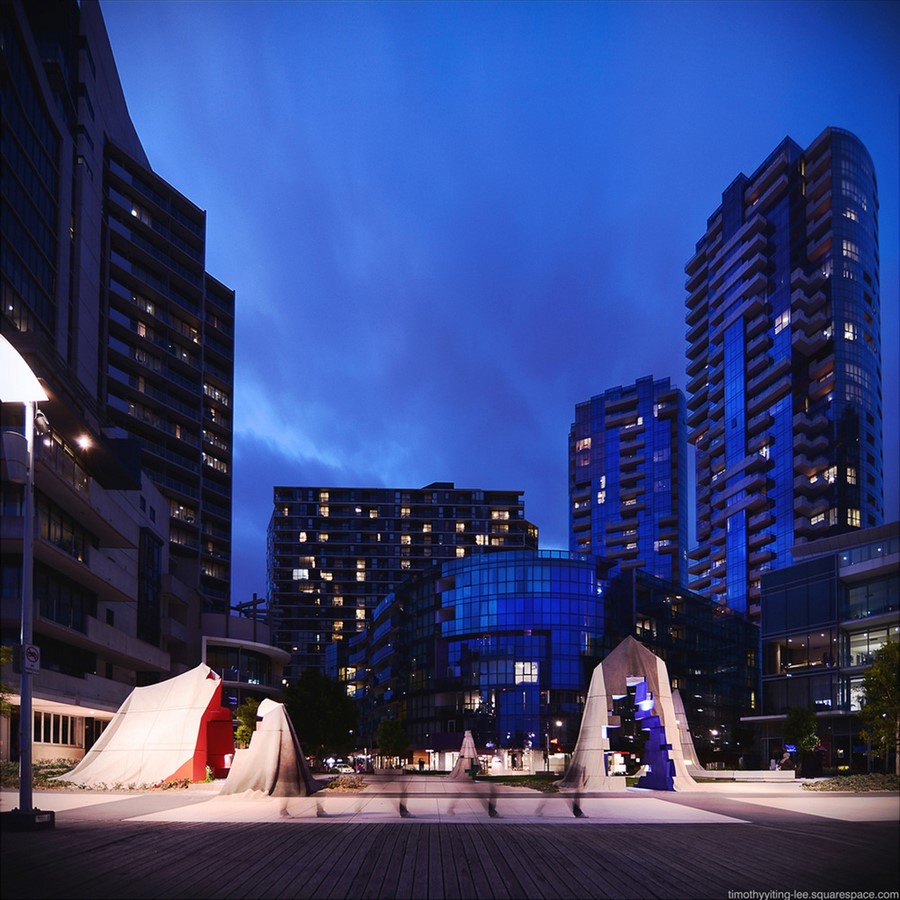
Conclusion
Through the collaborative efforts of McBride Charles Ryan, Callum Morton, and Occulus, Monument Park has transformed a once-neglected space into a vibrant cultural destination. By blending art, landscape design, and historical references, the park invites visitors to explore, contemplate, and connect with the unique heritage of Docklands and Melbourne as a whole.
